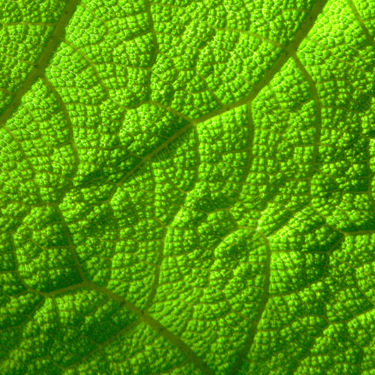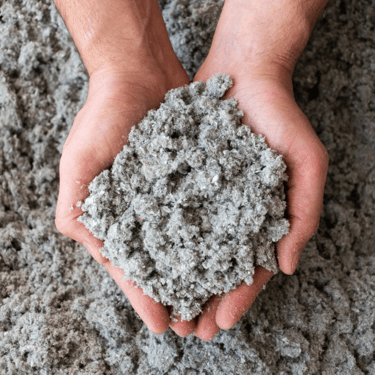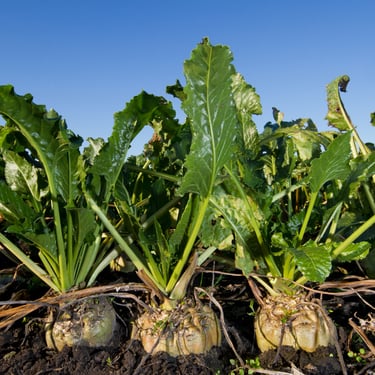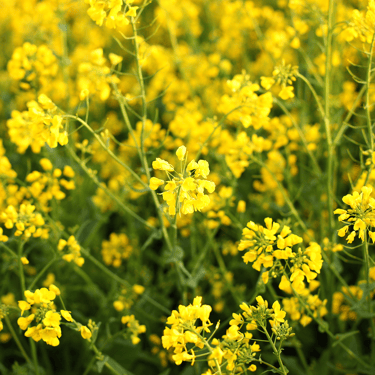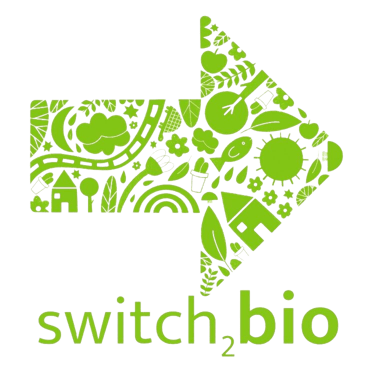
Why Organic Raw Materials?
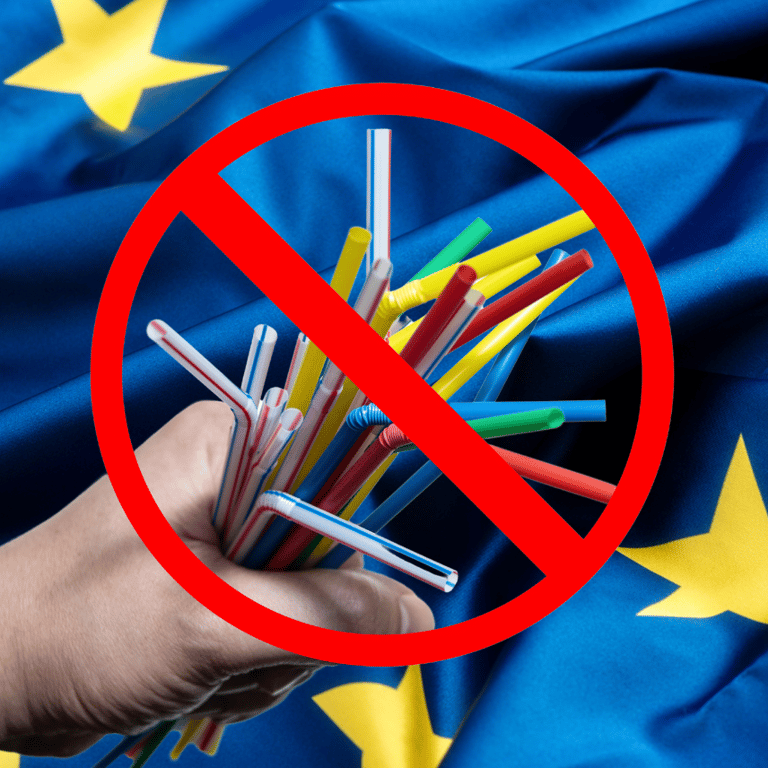

EU-Requirements:
Single-use Plastic Ban & Reusable Obligation
On 3 July 2021, the EU imposed a ban on single-use plastic items, and reusable plastic packaging has been mandatory since 2023. This is intended to raise customers' environmental awareness and reduce plastic consumption. Since then, food-to-go must be packaged in reusable containers and the catering industry must also offer sustainable alternatives for cutlery and drinking straws.
Reusable glass and steel products are expensive. Therefore, cheap paper straws are often bought, but most customers do not like to use them.
There is no Plan(et) B!
Plastic waste decomposes extremely slowly in nature. When they break down, microplastics are created - these tiny particles that harm animals and plants and also endanger humans via the food chain.
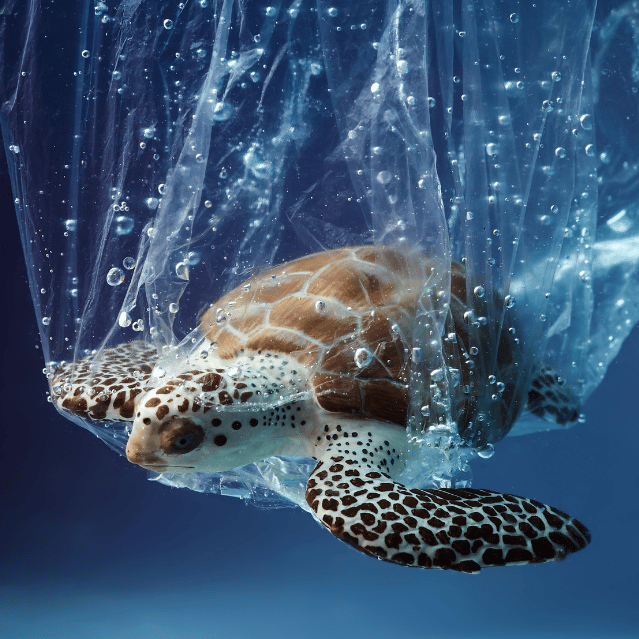

Paper Straws:
Disliked by customers & often contaminated with harmful substances
Paper straws dissolve in drinks after a short time, stick to the palate and have unpleasant texture changes that impair the drinking experience.
In studies of paper straws, renowned institutes have discovered substances that are harmful to health, including some that are categorised as potentially carcinogenic. Here are a few examples:
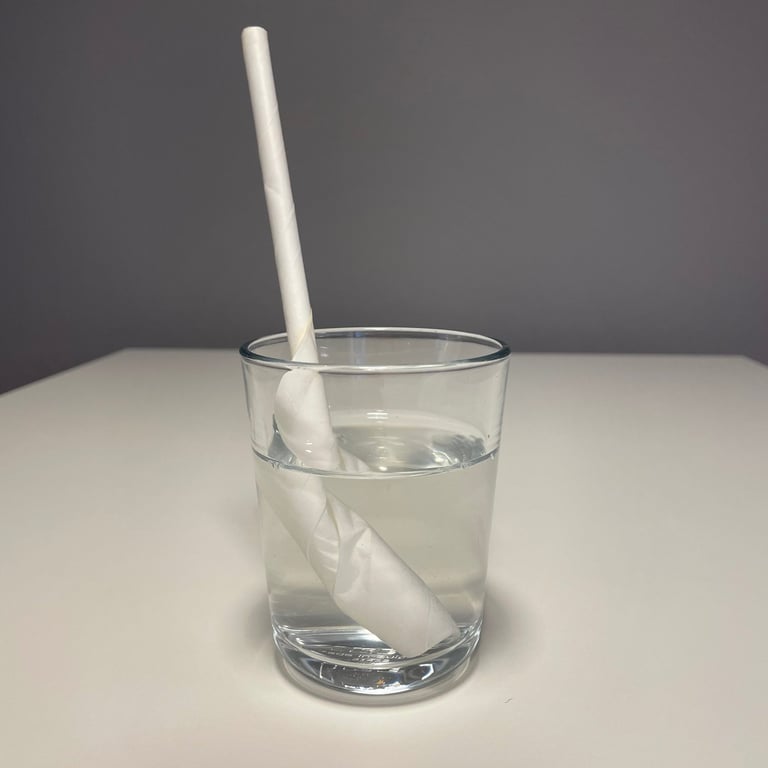


Biological raw materials can replace fossil fuels!
Many fossil raw materials can be replaced by biological alternatives. These are obtained from plants, algae, animals or microorganisms, for example, and usually have a lower environmental impact during production.
Unfortunately, not all bio-based raw materials are biodegradable. A well-known example is bioplastic, which is made from corn starch or sugar cane.
Biodegradable materials can come from both natural and synthetic sources. They can be broken down by microorganisms into smaller, environmentally friendly substances.
